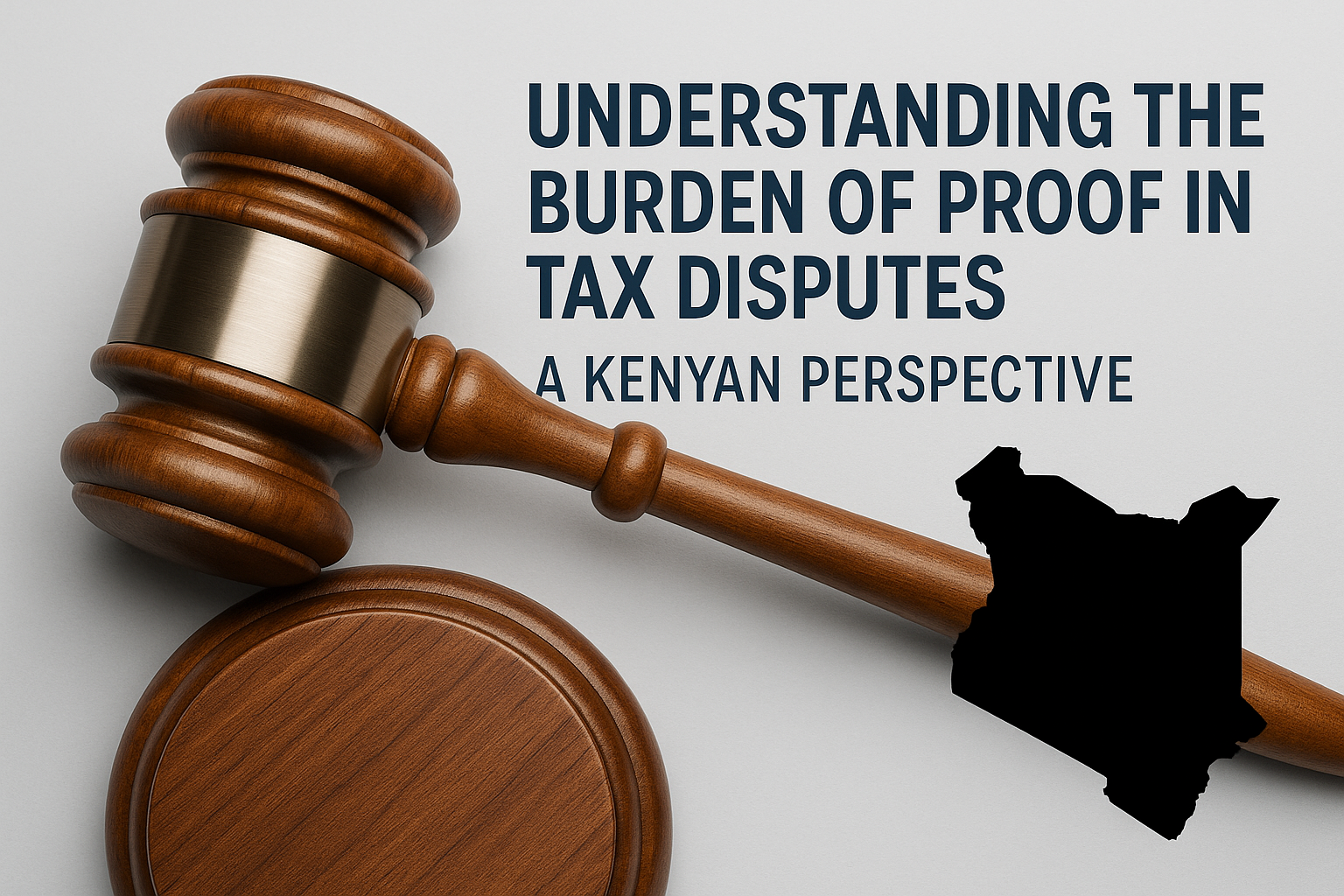Knowledge is power, but if you don’t know what you’re spending and where your money is going, you run the risk of being penniless. The same is true for your organisation. If you don’t know your expenses and how much cash you generate and where it is spent, then something needs to change. Today we’ll focus on the importance of a financial policy in your organisation. We’ll cover why you can’t afford not to have one and how it will benefit your organisation.
What Are Financial Policies and Procedures?
Financial policies are rules, regulations, and guidelines for how an organization will handle its financial affairs. These rules can be broad, overarching statements of principle that apply to all aspects of the business. For example, one financial policy might be that all spend above $500 must be approved by the finance controller.
On the other hand, financial procedures are more concrete steps that must be followed to implement a financial policy. For example, if a company has an employee handbook that states employees must receive a minimum wage, it would have to create specific procedures for how it pays its employees and how much they should earn per hour.
Types of Financial Policies
There are many different types of financial policies you may want to implement in your business:
Cash management policy. This dictates how much money should be kept on hand and how much should be replenished for petty cash each day or week. It also sets limits on when it’s appropriate to make large withdrawals or transfers, such as on payday.
Credit card processing policy. This sets out how often employees can use their credit cards for purchases related to work. It also lays out what happens if an employee exceeds his or her limit on these purchases, whether they will have to pay the charges themselves or they will need approval from someone else before making further purchases with their cards.
Savings and Investment Policy – This policy guides an organization’s savings and investment approach. It includes the amount that should be saved, how it should be invested, how it will be monitored, and any investment restrictions.
Payroll Policy – A payroll policy outlines how employees will be paid, including wages, benefits, and bonuses. In addition to outlining these items, a payroll policy specifies when they will be paid out to employees and what deductions will be taken from each payment.
Expense Policy – An expense policy defines exactly how employees can spend money within an organization. This can include travel expenses, entertainment costs, and other areas where spending money may not always be necessary or justified.
Banking Policy – A banking policy states how much money should be deposited into an account each month and what types of accounts are eligible for use by employees within an organization. Banks often charge fees for certain types of accounts. Hence, businesses need to ensure that their banking policies allow them to avoid paying unnecessary fees when conducting transactions with their bank accounts.
Developing and Approving a Financial Policy
The financial analysis process is the first step in developing a financial policy. The process begins with reviewing the organization’s current financial status and making projections for the future. This analysis should include how well the organization is doing in relation to its goals, how it compares to other organizations in the same industry, and how it has been performing over time.
The next step is determining factors influencing your organization’s financial health. These factors might include changes in resources, expenses, or income; changes in legislation; changes in technology; changes in competition; and changes in suppliers and customers. In addition, management should consider whether external factors might impact the organization’s finances, such as legal issues, environmental issues, or economic conditions.
After completing this analysis, management should create a budget for each year for at least one year into the future. A budget serves as a record of expected revenues and expenditures for an organization over time. A budget also helps managers monitor their performance over time to identify problems before they become too large to solve easily or inexpensively. Finally, a budget helps managers evaluate their effectiveness by comparing actual results against expected results on an ongoing basis.
The Importance of Financial Policies
The purpose of financial policies is to ensure that an organization’s money is being used appropriately and that the organization adheres to ethical standards when handling its finances.
1. Setting up the optimal debt level
Debt can be a powerful tool for growing your business. It can help you expand faster, take advantage of opportunities and get access to capital. But it can also be your enemy if you’re not careful with how much you borrow and from whom.
A good financial policy will help you determine an optimal debt level for your business based on your cash flow projections, the average age of your receivables, and the amount of capital available to pay down debt. This will help keep your company out of trouble and ensure enough cash available to pay off any outstanding loans when they come due.
2. Returns hurdle for investment projects
A financial policy can help a company set a hurdle rate, or minimum rate of return, for investments. This rate is a benchmark against which all investments will be measured before approval. This is because the company wants to make sure that it earns enough money from each project to justify the time and resources spent on it.
3. Optimal level of cash at hand
It is important to have the right amount of cash to meet expenses, pay salaries and manage contingencies. If you have more money than needed, it may get diverted to something that is not profitable for the company. On the other hand, if your business does not have enough cash, it might impact its operation negatively. A good financial policy will help you maintain an optimal level of cash at hand so that you don’t have to worry about funds being diverted or delayed payments due to a lack of liquidity.
4. Consistent Recordkeeping
A financial policy is a document that contains the rules and procedures that you follow when managing your company’s finances. It is also important to ensure that everyone in your organization follows the same policies and procedures. This helps keep things consistent and efficient across the board, which makes it easier for management to monitor budgets and find ways to improve operations.
5. Helps Avoid Misuse of Funds
Financial policies help prevent fraud, theft, and other misuses of funds, which are all too common in businesses today. An effective policy can ensure that employees follow the rules when using company credit cards or accepting gifts from vendors or clients, among other things.
6. Protects Against Lawsuits
Financial policies are also essential for protecting against lawsuits by customers, vendors, or others who may be affected by how you conduct business. If someone feels wronged by your company’s actions or decisions, they may sue you for damages related to their claims. Financial policies put everyone on notice about what behaviour is expected in certain situations, such as how much time should pass between issuing refunds or receiving payments, so disputes can be avoided before they start.
7. Better Planning
With a set of financial policies in place, planning for upcoming expenses or costs becomes much easier. You’ll be able to prepare yourself for these situations by knowing exactly how much money you’ll need at any time of year or month. This allows you to budget accordingly and avoid surprises when paying bills or making payroll deposits.
8. Easier Accessibility
A good set of financial policies makes everything simpler for everyone who works within your company, including those who aren’t directly involved with finances daily but may still need access to certain records at some point during their employment with your organization.
9. Easier Tax Preparation
Tax preparation becomes much easier when everyone follows the same set of rules when they file their taxes each year. This means there will be less confusion and fewer questions when preparing for tax day each year.
10. Better Budgeting
Financial policies help ensure everyone knows where the money is coming from and where it’s going. This makes budgeting easier, so you don’t have to worry about overspending or under-earning in any given month or quarter.
Conclusion
If you are a small business owner or the financial manager of an organisation that does not have a financial policy, you should rethink your stance on not having one. Indeed, it would be tidier if finance policies did not exist; after all, many people think of them as just another set of rules to be followed; I wish that were the case. Finance policies should be considered guidelines that go far beyond the normal rules of record keeping. Moreover, having a finance policy can help reduce the volume of issues for in your organisation. If you would like help in developing a finance policy, please reach out to the specialists at FH Consulting.














